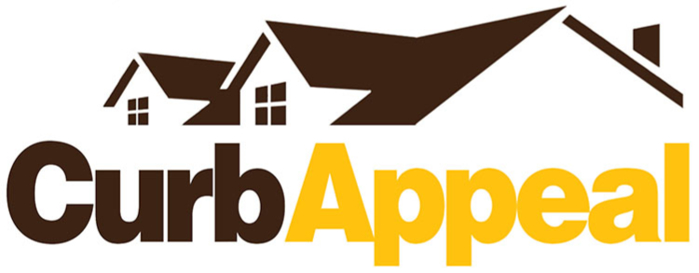Image: Goodluz / Adobestock

Many things affect mortgage rates, such as your credit score, your debt-to-income ratio, and the location of your property. One thing not a lot of people have to think about is occupancy type—but this will significantly affect rates. So what is occupancy type?
Occupancy type is how you use a property. There are three types:
Principal residence. This is the home where you live most of the time. For mortgage purposes, this is the home where you spend most of each year, and it is also the address listed on your federal and state tax returns.
Second home. This is a property you occupy for part of the time. In most cases, this means a vacation home—a cabin by the lake or a house on the beach. If your job requires you to split your time between two locations and you decide to buy a house in the second location, this would also be a second home.
Investment property. This is a property you purchased with the intention of generating income. Be aware that a primary residence can turn into an investment property if, for example, you build a tiny house in the yard and rent it out. Flipping a house also makes it an investment property. If you have a vacation home that you occupy for a few weeks and then rent out the rest of the time, that also becomes an investment property.
Why Do Mortgage Rates Change by Occupancy Type?
Lenders give different rates because they consider these occupancy types to have different risk levels. Let’s say you own a house you live in and a duplex you’re renting out. If things change, which mortgage will you stop paying first?
Lenders consider second homes riskier than principal residences and investment properties riskier than both. The riskier the home, the higher down payment or credit score your lender might require from you.
Be Transparent with the Lender About the Property Use
It’s illegal to intentionally misrepresent the intended use of a property. This can result in hefty fines and put you in default of your loan agreements. Some mortgage companies randomly inspect second homes to make sure they aren’t being rented out. The IRS considers your second home a residence if you use it for at least 14 days per year or 10% of the days you rent it out, whichever is greater, although your lender might have stricter rules.
What if you retire and decide to move to that beach house and rent out your primary residence? You can always change the occupancy status as long as you have had the mortgage for about a year, even if it’s not paid off yet.
If you are considering buying a second home or an investment property, you should understand how this can affect your mortgage. It’s also important to be transparent with your lender about the purpose of the property and to work with them to get the loan you need.
Are you considering buying or selling a property? I have answers for all your real estate-related questions. Contact me today.











